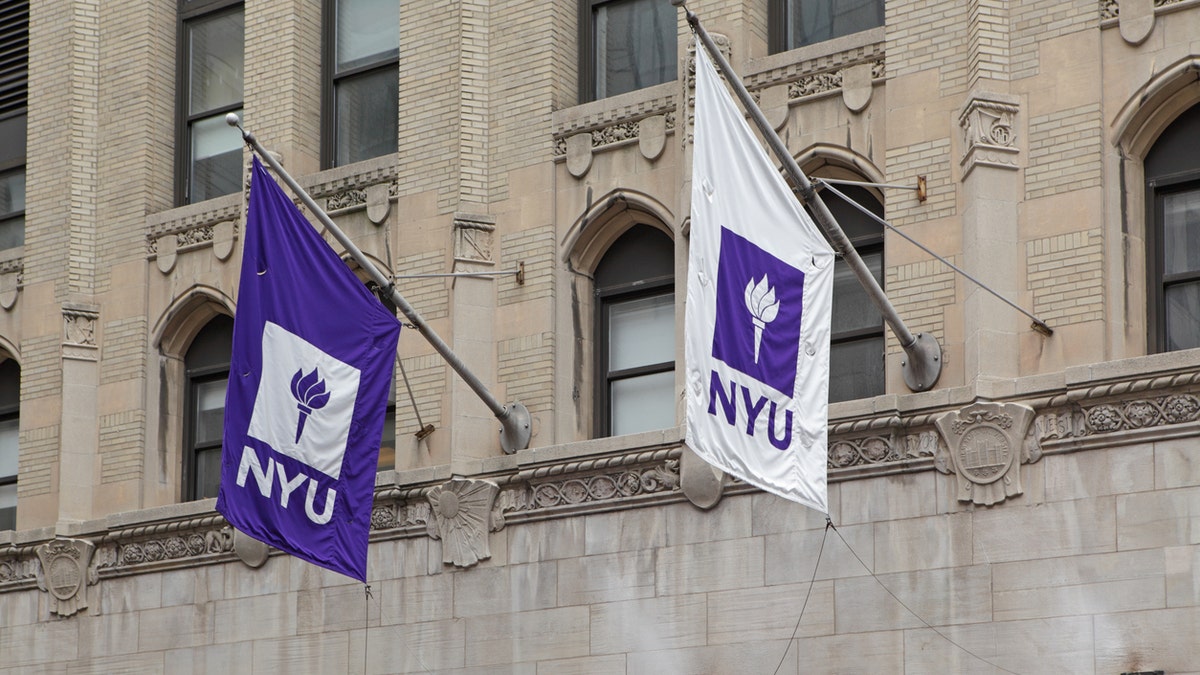
School officials worry that rising tuition and soaring loan balances are pushing new doctors into high-paying fields and contributing to a shortage of researchers and primary care physicians. (iStock)
New York University said Thursday that it will cover tuition for all its medical students regardless of their financial situation, a first among the nation’s major medical schools and an attempt to expand career options for graduates who won’t be saddled with six-figure debt.
School officials worry that rising tuition and soaring loan balances are pushing new doctors into high-paying fields and contributing to a shortage of researchers and primary care physicians. Medical schools nationwide have been conducting aggressive fundraising campaigns to compete for top prospects, alleviate the debt burden and give graduates more career choices.
NYU raised more than $450 million of the roughly $600 million it estimates it will need to fund the tuition package in perpetuity, including $100 million from Home Depot founder Kenneth Langone and his wife, Elaine. The school will provide full-tuition scholarships for 92 first-year students—another 10 are already covered through M.D./PhD programs—as well as 350 students already partway through the M.D.-only degree program.
“This is going to be a huge game-changer for us, for our students and for our patients,” said Dr. Rafael Rivera, associate dean for admission and financial aid. The school will refund out-of-pocket tuition payments already made for the current year, and return loans students may have taken out.
The move dwarfs efforts by other schools, including Columbia University and the University of California, Los Angeles, to alleviate the financial strain of a medical education. Earlier this year Columbia’s Vagelos College of Physicians and Surgeons announced it would eliminate loans for all students who qualify for financial aid, while UCLA’s David Geffen School of Medicine expects to provide more than 300 full scholarships between 2012 and 2022, based on merit.
The Cleveland Clinic Lerner College of Medicine of Case Western University, with just 32 students a year, has paid full tuition and fees since 2008 in an effort to encourage graduates to pursue academic and research careers.
Nationally, 72 percent of graduates from the class of 2018 had debt from medical school, with a median of $195,000 in loans, according to student surveys by the Association of American Medical Colleges. More than one-third of medical students also have student loans from prior academic programs.
